The Yen Tu Monuments and Landscape Complex began the process of nominating the UNESCO for recognition as a world heritage site in 2013 with the participation of Quang Ninh province. Since 2015, the dossier has been expanded to the two provinces of Bac Giang and Hai Duong with related relics such as Vinh Nghiem Pagoda and Con Son, Kiep Bac. By January 2024, the entire official and most complete dossier nominating the Yen Tu - Vinh Nghiem - Con Son, Kiep Bac Monuments and Landscape Complex has been submitted to UNESCO for consideration and recognition as a heritage site. This is a good sign for the process of making the Yen Tu - Vinh Nghiem - Con Son, Kiep Bac Monuments and Landscape Complex officially a world heritage site.
In the context of Yen Tu - Vinh Nghiem - Con Son, Kiep Bac being recognized as a world heritage will be the pride of the whole country in general, of the entire government and people of the 3 provinces with the heritage in particular, but also pose difficulties and challenges.
In terms of opportunities, the national heritage recognized by UNESCO will contribute to spreading the image of the country and locality to the world . That will be the image of a country with a long-standing traditional culture, rich in identity, active and active integration, and strong development in all aspects. Observing the development at heritage sites over the years, it can be affirmed that world heritage is a brand that is guaranteed to be the most promising and attractive destination of each country.

Yen Tu, honored by UNESCO, also has the opportunity to receive attention and support from all levels and sectors, expanding international cooperation in preserving and promoting the value of world heritage. In particular, the heritage being listed in the list of world cultural heritage has an impact on the development of the economy, tourism and related sectors. When world heritage is like a "magnet" that strongly attracts tourists, tourism develops, tourism revenue therefore increases, directly contributing to the economic development of the locality, and people's lives are significantly improved.
In terms of difficulties and challenges, Yen Tu - Vinh Nghiem - Con Son, Kiep Bac with a system of cultural heritages located on land in a wide area, including plains, forests and mountains, is affected by many factors of nature, social environment, people... This is an issue for the 3 localities in discussing and agreeing on the model, mechanism and management method of this Heritage Complex, the specific roles and tasks of each locality must be clearly defined.
Currently, Bac Giang, Hai Duong and especially Quang Ninh are the localities with the most dynamic socio-economic development speed in the Northern Delta region. The problem is how to harmonize the two factors of economic development and heritage protection. First of all, the population growth and urbanization will certainly be higher, not to mention that the heritage areas all have natural resources of coal, stone, construction materials... which can easily negatively affect the value, integrity, and authenticity of the Heritage Complex... In the long run, the heritage also faces risks affecting the primeval forests, the ecosystem of flora and fauna, the risk of climate change affecting the heritage; pressure on tourism development, pressure on ensuring the interests of local communities...
With favorable opportunities, as well as challenges and difficulties when becoming a world heritage, we need to have specific plans and actions to prepare for activities on management, protection, exploitation and promotion of the value of world heritage in a reasonable manner, in accordance with international regulations as well as Vietnamese law, especially according to sustainable development orientations that UNESCO is particularly interested in.
Dr. Tran Duc Nguyen, Head of Cultural Heritage Department, Hanoi University of Culture
Source



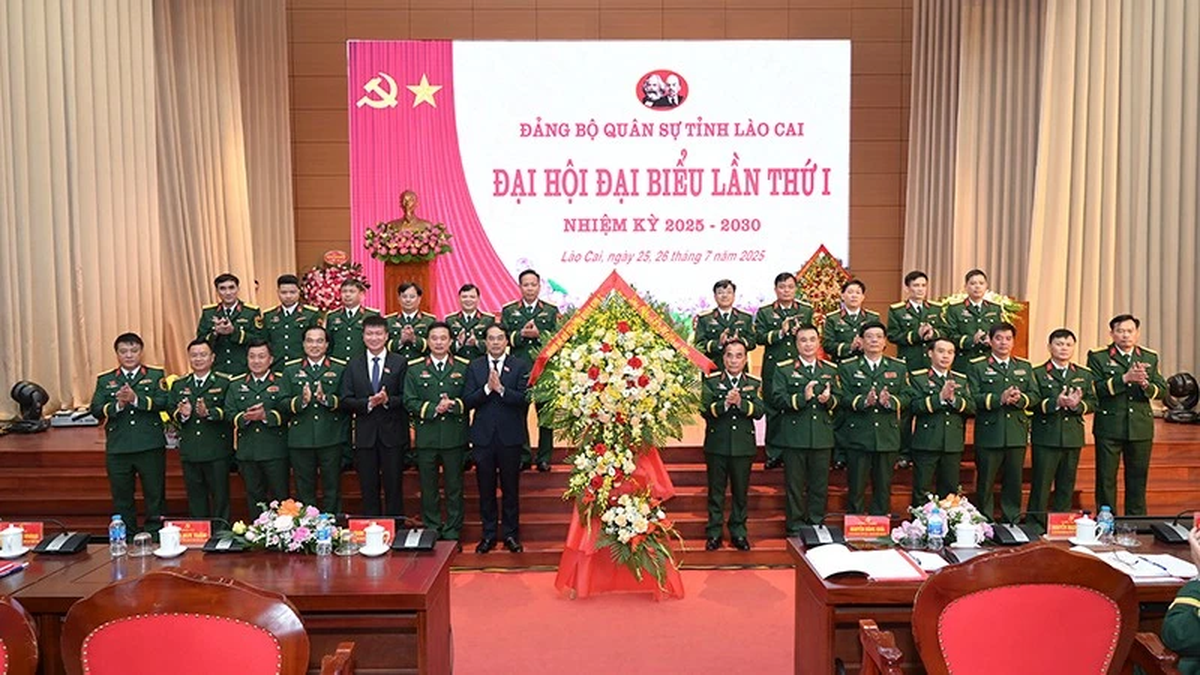
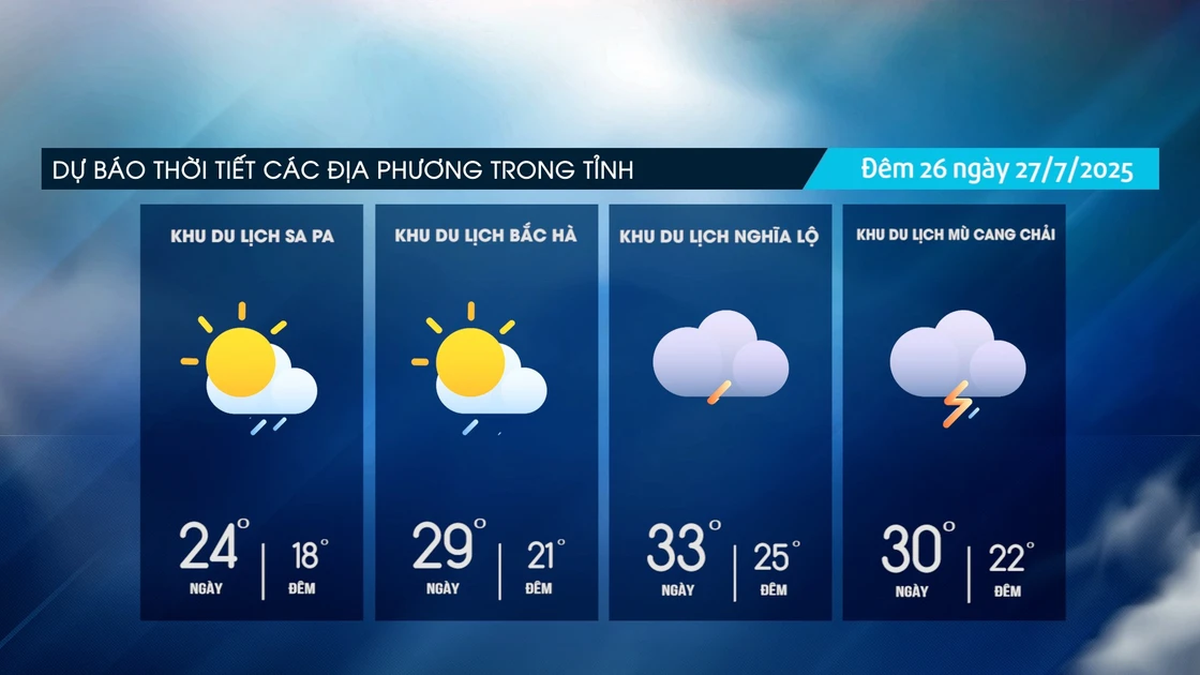


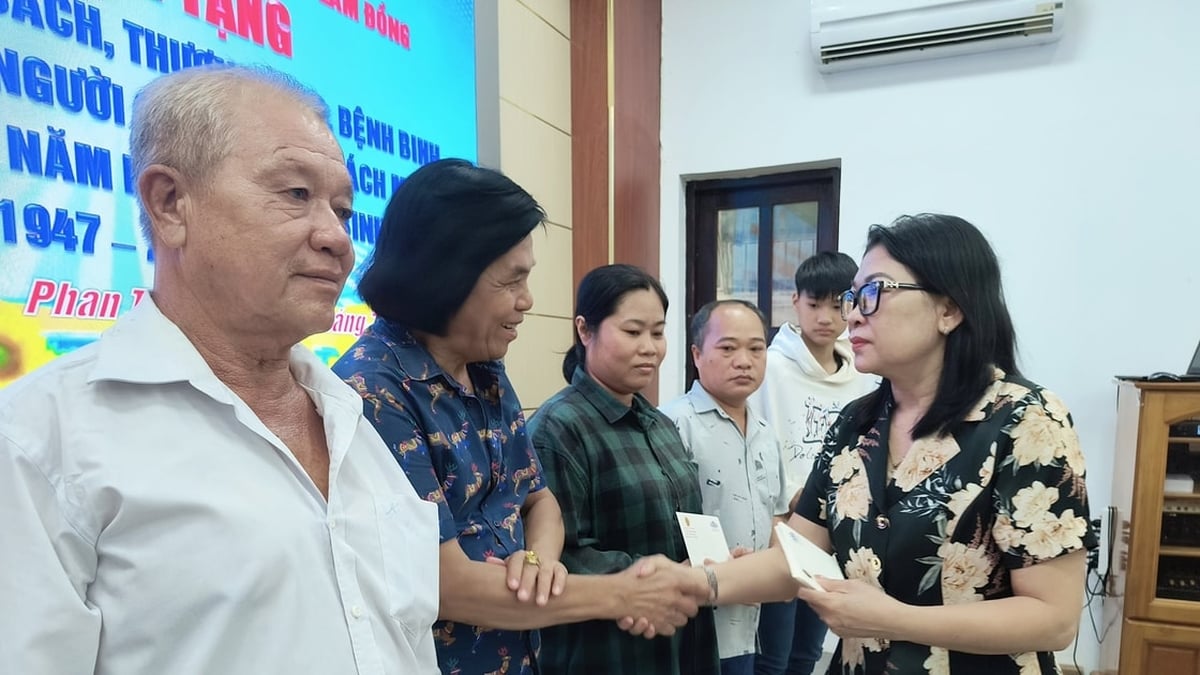

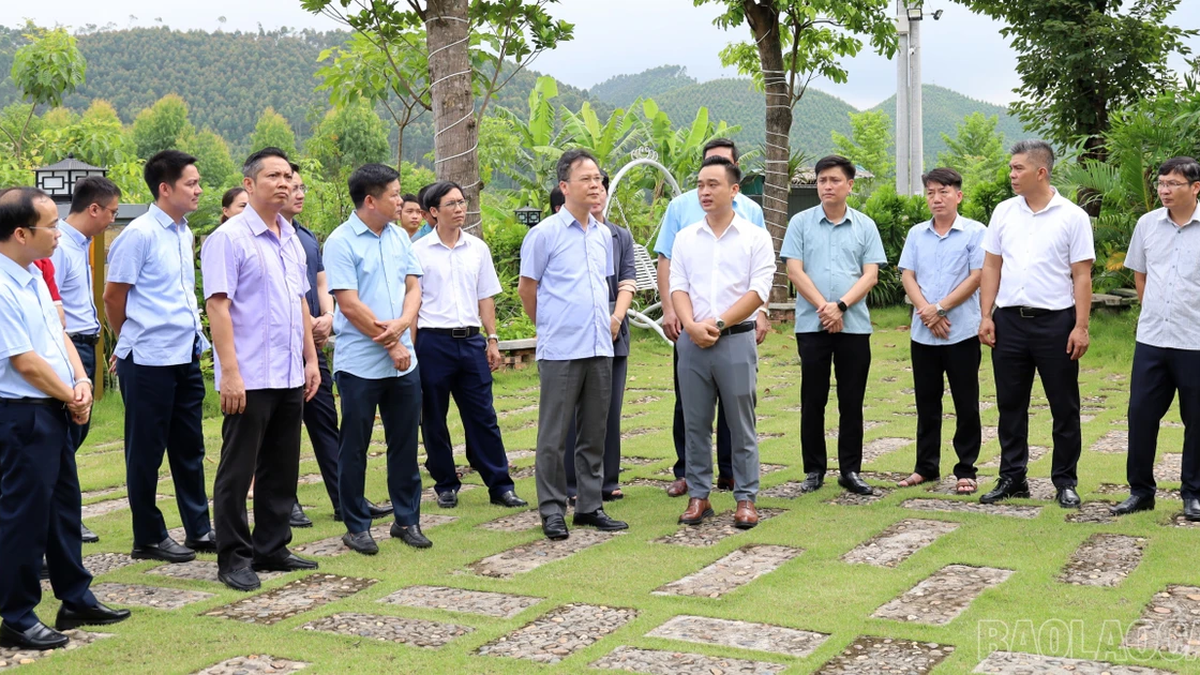
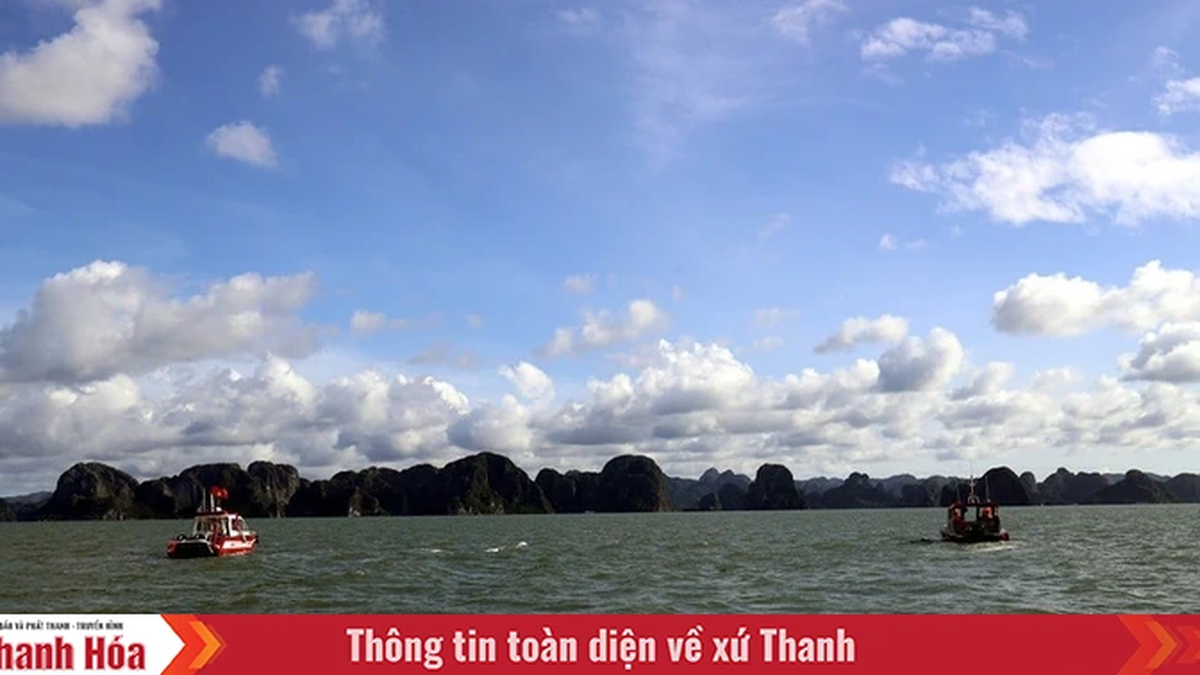
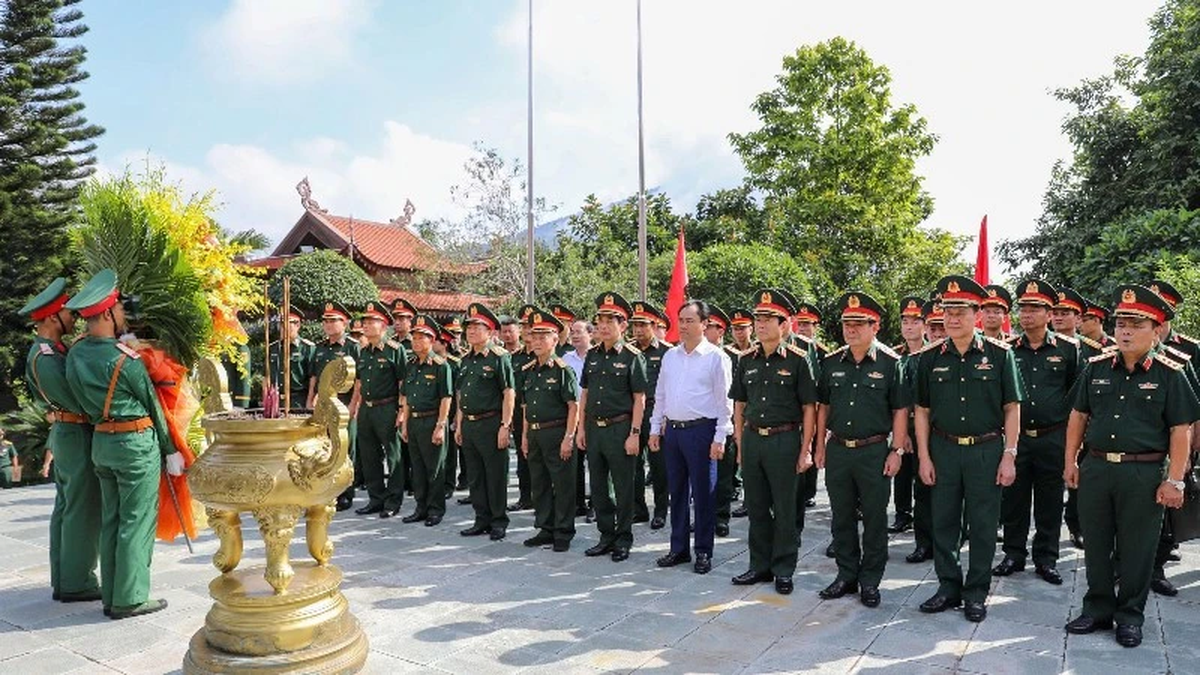






















































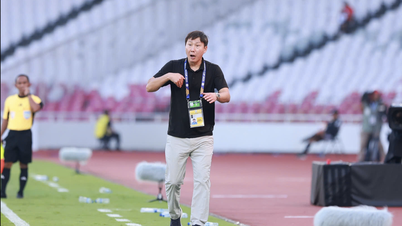










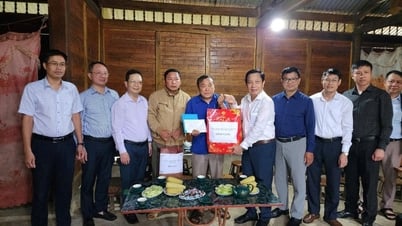
























Comment (0)